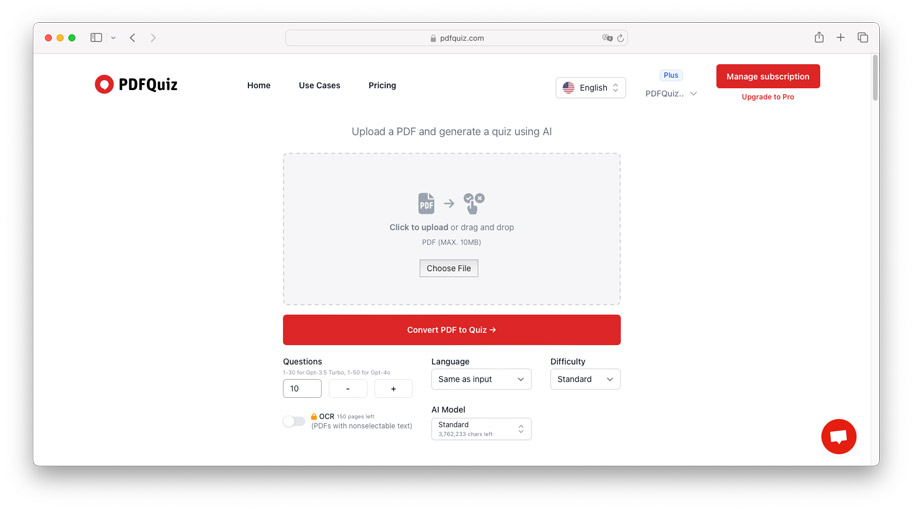In the vast realm of online gambling, the significance of an AAMS license cannot be overstated. It serves as a badge of trust and legitimacy, assuring players of a secure and fair gaming environment. However, a shadowy corner of the internet exists where some sites operate without this coveted license.
The Proliferation of Non-AAMS Sites
One might wonder why some online gambling sites choose to bypass the stringent regulations imposed by the AAMS (Amministrazione Autonoma dei Monopoli di Stato). These unlicensed platforms often lure players with tempting offers and a vast array of games.
While many reputable online casinos adhere to the strict AAMS guidelines, some operators opt for non-AAMS licenses for various reasons. One prominent factor is the flexibility these sites enjoy in terms of game offerings, bonuses, and promotional activities. The absence of AAMS oversight allows for more creative and aggressive marketing strategies.
Regulatory Challenges and Loopholes
The Italian online gambling market, regulated by AAMS, presents a challenging landscape for operators. The stringent rules and high taxes imposed on licensed sites can dissuade potential entrants. Non-AAMS sites exploit regulatory loopholes to avoid these challenges, operating in a grey area that lies outside the purview of AAMS jurisdiction.
Despite the risks associated with non-compliance, some operators navigate these legal ambiguities, finding ways to operate without facing significant consequences. This section explores the specific regulatory challenges that lead certain operators to forgo the AAMS license, paving the way for the prominence of sites like “sitinonaams.club.”
Potential Risks for Players
While non-AAMS sites may offer a seemingly attractive alternative, players should exercise caution when venturing into this unregulated territory. The absence of AAMS oversight means there is no guarantee of fair play, security, or responsible gaming practices. Players may be exposed to potential fraud, unfair gaming algorithms, and delayed or non-existent payouts.
This section emphasizes the importance of player awareness and the risks associated with engaging in online gambling on non-AAMS sites. It serves as a cautionary tale for those enticed by the allure of unconventional platforms like “sitinonaams.club.”
The Allure of Lucrative Bonuses
One of the primary strategies employed by non-AAMS sites to attract players is the offer of exceptionally lucrative bonuses and promotions. These platforms entice players with seemingly irresistible incentives, ranging from extravagant welcome bonuses to exclusive promotions. The absence of strict AAMS regulations allows these sites to implement aggressive marketing tactics that may not be feasible for licensed operators.
However, players should approach such offers with skepticism, understanding that these bonuses may come with hidden terms and conditions. This section delves into the psychology behind these promotions and sheds light on the potential pitfalls players may encounter when navigating the world of non-AAMS online casinos.
Conclusion:
In conclusion, the existence of non-AAMS licensed sites in the online gambling landscape is a testament to the complexities of regulatory frameworks and market dynamics. While these platforms may offer enticing alternatives, players must weigh the risks against the perceived benefits. The AAMS license stands as a symbol of trust and accountability, ensuring a secure and fair gaming experience for players.
FAQs:
Are non-AAMS sites legal?
The legality of non-AAMS sites is a grey area. While some operate within legal loopholes, others may engage in illegal activities. Players should exercise caution and prioritize licensed platforms for a secure gaming experience.
What risks do players face on non-AAMS sites?
Players on non-AAMS sites may encounter risks such as fraud, unfair gaming practices, and delayed payouts. The absence of regulatory oversight increases the likelihood of encountering unscrupulous operators.









